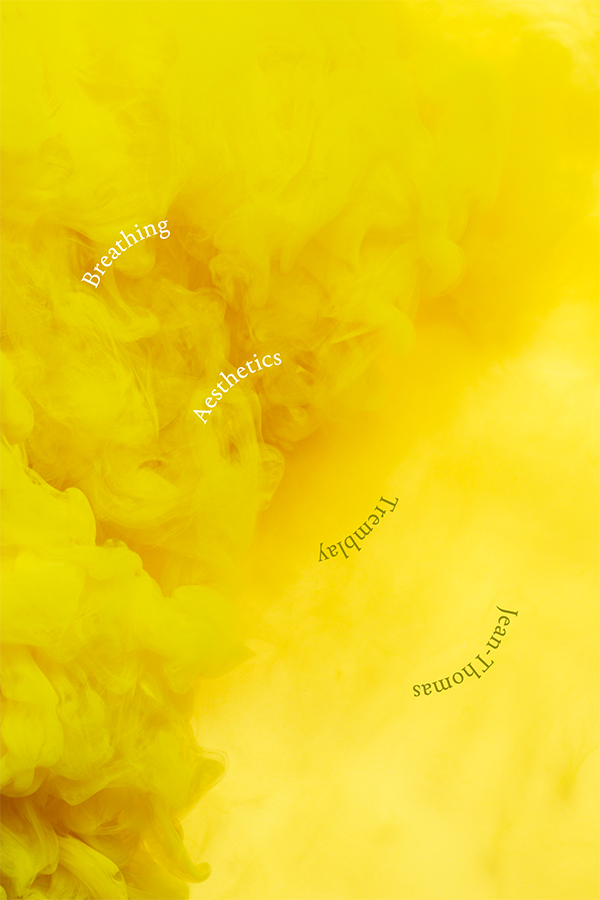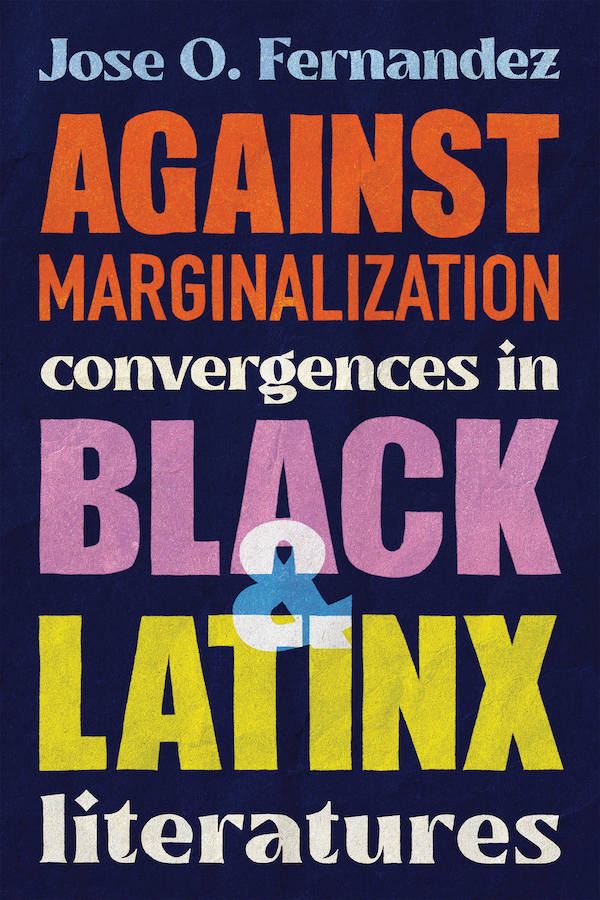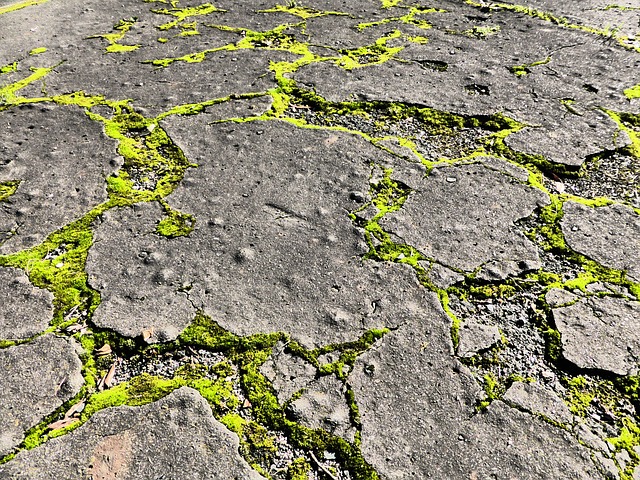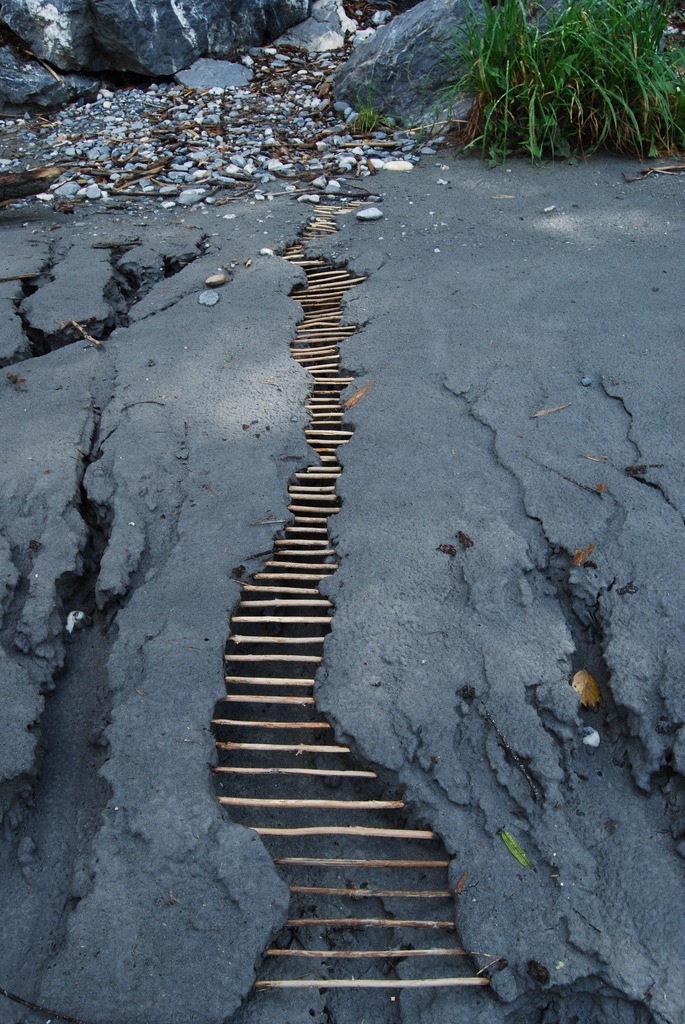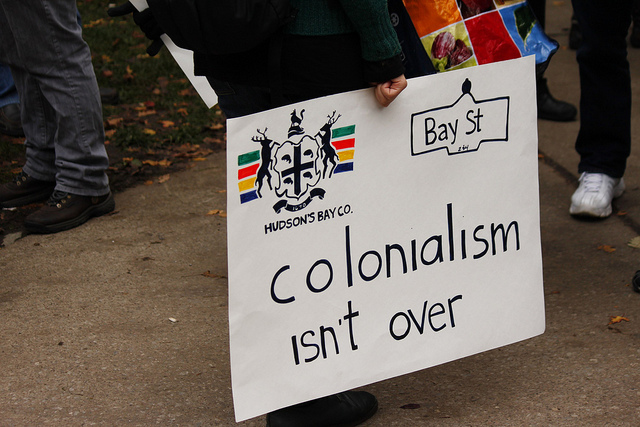Jean-Thomas Tremblay’s Breathing Aesthetics draws our attention to how respiration as a cultural analytic maps the uneven distribution of risk in our contemporary moment. Intervening at the intersection of queer theory and the environmental humanities, Tremblay deciphers an archive of cultural texts that range from CAConrad’s ritualized poetry to Ana Mendieta’s elemental performance art and Toni Cade Bambara’s novel The Salt Eaters. In so doing, they reveal an understanding of how breath registers precarity across race, gender, and disability, while also serving as a mechanism for healing and care. This discerning analysis, combined with a focus on the exchange between body and milieu, makes a case for respiration as a distinctly ecological and embodied relation. Ultimately, Breathing Aesthetics provides crucial insight into how aesthetic expressions of respiratory variations evidence a tension between morbidity and vitality within bodies whose ability to breathe is most endangered.
Keyword: humanities
Review of Against Marginalization: Convergences in Black and Latinx Literatures by Jose O. Fernandez (The Ohio State University Press)
Jose O. Fernandez’s Against Marginalization: Convergences in Black and Latinx Literatures is an innovative project that takes conversations about literary and cultural history in a new direction. Recognizing the efforts of Black and Latinx scholars in crafting distinct literary traditions and histories, Fernandez uses his book to argue for cross-ethnic literary studies and identify similarities between Black and Latinx traditions. This endeavor revolutionizes conversations about literary history of the United States and challenges narratives of exclusion and silencing. This book serves to show the importance of knowing the names of authors and artists, and the communities that fought for them, because they make up the fabric of US history. To learn those names next to Faulkner, Twain, Hemingway, Steinbeck, and Fitzgerald not only makes them part of American literary tradition but also spotlights their absence and exclusion in a way that expands the boundaries of “literary tradition.” This review takes seriously Fernandez’s project, which opens exciting avenues for cross-ethnic historic study while also examining opportunities for future study.
Review of Fates of the Performative: From the Linguistic Turn to the New Materialism by Jeffrey T. Nealon (University of Minnesota Press)
Jeffrey T. Nealon’s Fates of the Performative: From the Linguistic Turn to the New Materialism crafts a history of performativity within contemporary theoretical thought. Through the structure of a genealogy, Nealon examines the nascence of performativity and its intersection with biopolitics and neoliberalism to predict not only the future of the performative, but also to imagine new avenues of criticism within the humanities.
Toward Alternative Humanities and Insurgent Collectivities
Introduction to Part II of the forum, Emergent Critical Analytics for Alternative Humanities. Here, emergent scholars respond to essays by J. Kēhaulani Kauanui, Kyla Wazana Tompkins, Julie Avril Minich, and Jodi Melamed, each of whom elaborated on the alternative possibilities of dealing with the legacies of settler colonialism, new materialisms, disability, and institutionality in Part I, published in Lateral 5.1.
Forum Introduction: Emergent Critical Analytics for Alternative Humanities
Edited by Chris A Eng and Amy K King, this first of a two-part forum identifies and contemplates the emergent potential of four analytics for imagining alternative humanities. Structuring thought across disciplines, these analytics resonate strongly with the specific ways that cultural studies shifted, developed, and refined its ideas and focus: J. Kēhaulani Kauanui takes up settler colonialism; Kyla Wazana Tompkins, New Materialism; Julie Avril Minich, disability; and Jodi Melamed, institutionality.
“A Structure, Not an Event”: Settler Colonialism and Enduring Indigeneity
J. Kēhaulani Kauanui discusses the distinctive shifts toward examining Patrick Wolfe’s theory of settler colonialism as ‘a structure, not an event.’ Kauanui argues that a substantive engagement with settler colonialism also demands a deep rethinking of the associated concept of indigeneity–distinct from race, ethnicity, culture, and nation(ality)–along with the field of Native American and Indigenous Studies.
On the Limits and Promise of New Materialist Philosophy
Kyla Wazana Tompkins questions the structures informing claims of newness posed by discussions of “New Materialism.” She discusses the troubling ways in which these discourses, in turning toward the post- or non-human, can ironically reinforce assumptions about a universal human subject and elide considerations of gender, race, and power.
Enabling Whom? Critical Disability Studies Now
Advising against the potential ways in which scholarship might take up disability by fetishizing difference and reaffirming dominant models of able-bodiedness, Julie Avril Minich calls for work to be first and foremost accountable to people with disabilities: this means making knowledge accessible. In order for knowledge to be accessible, Minich stresses, the labor of accessibility must be addressed on an institutional level.
Proceduralism, Predisposing, Poesis: Forms of Institutionality, In the Making
Jodi Melamed reassesses the analytic of institutionality, which has largely been theorized as a dominant tool of the university in incorporating the emergent and muting the oppositional. In particular, Melamed identifies dominant discussions of institutionality that see global neoliberalism as a new, all-totalizing force. Instead, by reassessing the historical conditions of racial capitalism that make possible the ‘global,’ Melamed also excavates a genealogy of radical resistance that might allow us to rethink institutionality toward collective solidarity.
Ocúp(arte): The Humanities Manifesto
Statement of occupation of the Humanities Action Committee, University of Puerto Rico, Río Piedras
The Humanities and the University in Ruin
Mowitt’s essay puts before us in terms of work or, as Mowitt puts it, ‘re: working’ the work of study, scholarship, and research under the contemporary conditions of ‘biopolitical contol’ or neoliberal structural adjustment of the academy. Mowitt warns against reducing the issue of study to complaints of poor pay and poor working conditions and therefore holds the issue of the labor of study on a fine line between the refusal of the work of study altogether and the insistence on simply enjoying the study that we are required to do or paid to do. Mowitt is not denying the poor conditions under which so many of us work for insufficient pay in and outside the University; he rather is warning us about moving too quickly off the fine line between refusal and enjoyment of the required or paid work of study. He is arguing instead for the value of study as a labor of the negative. Mowitt then takes some elegant last moves to turn this return to the labor of the negative into the work of affirmation, thought affirming itself; he thereby moves beyond the dialectic and the Euro-centric Hegelian tradition of progress to affirm instead the immanent unfolding of mindfulness or thoughtfulness, an unfolding of an affective labor that bears within it the in-excess of measure, the yet-incalculable excess of the current calculability of value. This makes the re: working of study not merely a matter of the human or the humanities but of the technical/human medium we fast are becoming, and which we are coming to know we always have been, as has the University.
Response to “The Humanities and the University in Ruin”
In his response to Mowitt, Morgan Adamson sharply reminds us that working conditions and remuneration for work, not to mention layoffs, hiring freezes and slashing of benefits, certainly are pressing concerns. Offering a quick survey of some of the horrid details of the work expected of research assistants in science labs, Adamson also softens the distinction implied in Mowitt’s focus on the humanities as against the sciences.
Response to “The Humanities and the University in Ruin”
Adam Sitze addresses the technological transformation of the academy, emphasized critically by Mowitt, which have put us beyond the troubles of discipline or disciplinarity to something more abstract and technical.
Lateral Moves – Across Disciplines
“Lateral Moves – Across Disciplines” is an edited conversation with Randy Martin and three members of the Cultural Studies Praxis Collective (CSPC): Miriam Bartha, Diane Douglas, and Kanta Kochhar-Lindgren. The original conversation took place at the University of Washington’s Simpson Center for the Humanities in 2007. The transcript of the conversation was reworked and revised by the interlocutors and Bruce Burgett, the co-director (along with Kanta Kochhar-Lindgren) of the CSPC. The document as a whole surfaces and addresses a series of questions about interdisciplinarity, cultural studies, and the humanities; about creativity, agency, and advocacy; about different forms of professional, disciplinary, and civic education; and about knowledge, labor, and organizing.
